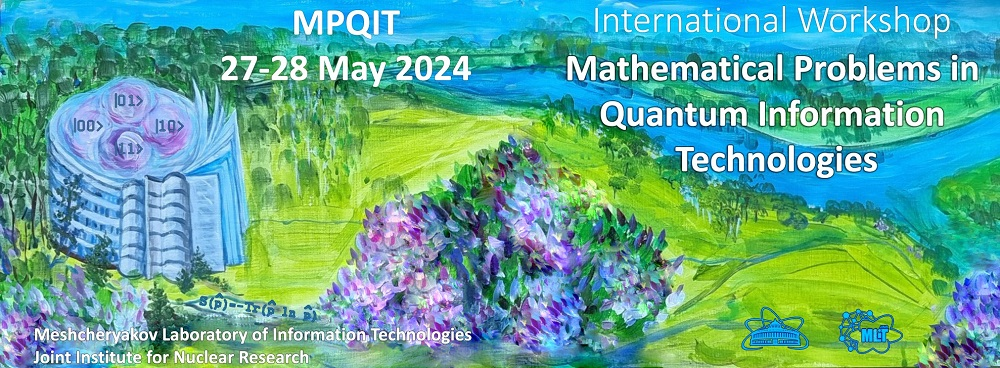Speaker
Description
Quantum circuits consisting of Clifford and matchgates are two classes of circuits that are known to be efficiently simulatable on a classical computer. We introduce a unified framework that shows in a transparent way the special structure that allows these circuits can be efficiently simulatable. The approach relies on analyzing the operator spread within a network of basis operators during the evolution of quantum circuit. Quantifying the complexity of a calculation by the number of operators with amplitude above a threshold value, we show that there is a generic form of the complexity curve involving an initial exponential growth, saturation, then exponential decay in the presence of decoherence. Our approach is naturally adaptable into a numerical procedure, where errors can be consistently controlled as a function of the complexity of the simulation.
https://arxiv.org/pdf/2401.08187

